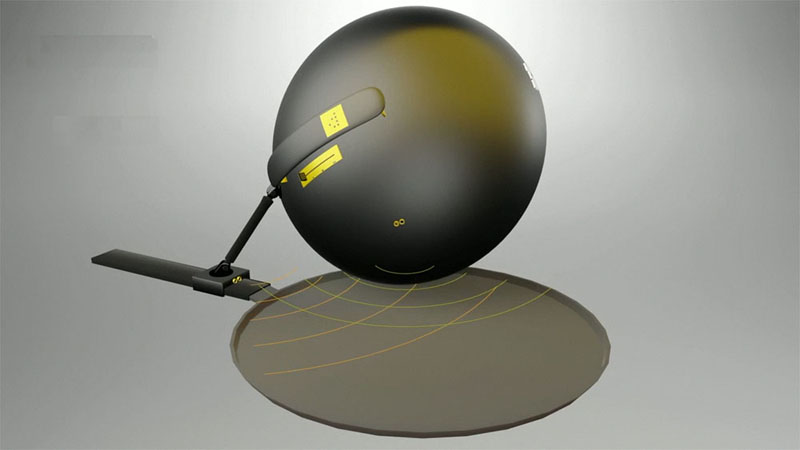There are over 12 million blind people in India, making India home to nearly a third of the global blind population. Research has indicated lower levels of nutrition in those with visual impairments owing to lowered ability to shop and prepare food for themselves.
Meal preparation is a complex multisensorial task that requires many decisions to be made based on the appearance of the dish. This alienates individuals with vision impairments and makes cooking meals independently inaccessible. Many products that rely on the kitchen tasks have been designed, but they do not aid the visually impaired with studies involving heat application. Also, there is a lack of research concerning user behaviour and needs in Indian kitchens.
This project aims to elaborate on the challenges of roasting foods when blind and to design an assistive device that tackles these problems while keeping Indian cooking methods, practices, and resources in mind.
Four commonly used cooking techniques involving the application of heat were identified. A SWOT analysis was performed to understand the area that required immediate intervention. The technique identified was roasting. The problems identified and discussed were first tackled as discrete units, with the goal to combine them into one assistive device once the challenges faced were mitigated. Mid-way, a change in approach saw the direction of the project change from attempting to solve discrete problems to altering the procedure of roasting foods. Concepts were explored and evaluated based on the parameters of safety, ease of use, familiarity, and coasts. The chosen solutions were then designed into a product. Proof of concepts and mock prototypes were built to test the logical validity of the solutions. A concept render of the same is then used to illustrate the usability of this product.
Case Study Download:
• ARKLiD......


